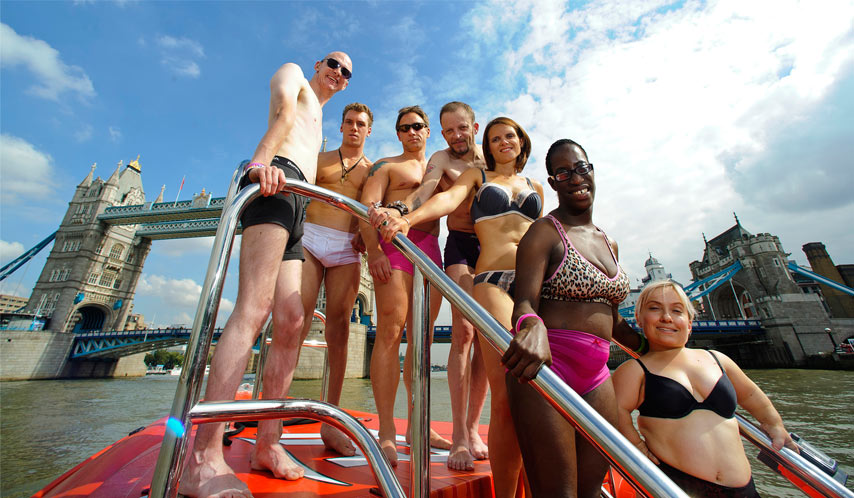
How do you deal with disability in the workplace? That’s a question asked by awareness charity, Enhance the UK.
Jennie Williams, founder and project manager of Enhance the UK, offers awareness training designed to combat prejudices against disability in the workplace and schools in a fun, interactive and engaging fashion.
WHAT INSPIRED YOU TO START ENHANCE THE UK?
“Part of the reason I started Enhance the UK was because I am a hearing aid user.
“This has given me greater empathy, understanding and passion to support people who have physical and sensory impairments.
“It is important to me that these people have a voice, so that’s why being user led is imperative to the success and integrity of the charity.”
WHAT CHALLENGES HAVE YOU COME UP AGAINST?
“Like with anything you set out to do, you will have some amazingly supportive people and then people who completely do not get it.
“We sell disability awareness training to promote equality in the workplace but some businesses simply do not see why they might need it, which can be frustrating.
“More specifically, one of our most challenging but rewarding projects has been the 2014 calendar for our ‘Undressing Disability’ campaign, which featured disabled models in their underwear in public places.
“One of our shoots took place on a boat on the Thames so we had to make sure we were organised – taking enough photos with limited time.
“When the first round of calendars was delivered we were dismayed to find the watermarks hadn’t been removed.
“This was stressful as we couldn’t afford to buy hundreds more of the calendars, but fortunately the calendar company were sympathetic and replaced our order free of charge.
“Finally, we had the calendars but no real platform to sell them on a large scale, however, we did have social media and we also sent press releases to major publications.
“These proved fruitful and we were featured in large international publications such as The Guardian, The Daily Mail and The Huffington Post, ending up selling all of our calendars worldwide.”
HOW DOES THE TEAM COMMUNICATE?
“Communication is key to ensuring everything gets done in the different projects we work on.
“Myself and my staff are in constant – several times daily – communication through every given medium, even WhatsApp.
“We regularly stay on top of emails and have a group Google Drive folder which contains spreadsheets for fundraising trusts we approach, which is updated weekly.
“We have a big, face to face meeting every three months, while myself and my core staff will typically have strategy meetings every couple of months.
“Skype is also useful for speaking to potential volunteers or trainers around the country.”
HOW DO YOU COMMUNICATE WITH PEOPLE WITH DISABILITIES AND THEIR FAMILIES?
“Many disabled people are fiercely independent and want to get that across by offering us their opinions.
“Others may be more reserved and not used to having their voices heard so you have to try and gain their trust – it’s all about working with what individuals need.
“When it comes to sensory impairments, more technical issues surrounding communication arise, so we make our website – and ourselves – as accessible as possible.
“This will include subtitling our videos, as well as using a BSL interpreter in them and adhering to the correct guidelines for blind people.”
HOW DO YOU MANAGE STAKEHOLDER EXPECTATIONS?
“While setting up our crowdfunding Indiegogo campaign for our teaching children about disabilities book, The Secret Sign, we were required to offer our contributors/stakeholders rewards for their donations.
“We meet these expectations by offering perks such as personalised thank you notes, copies of the book, voice recordings and artwork – all things we can offer while keeping our costs low.
“The estimated arrival time for the product is three months, which we will strictly adhere to, but which also gives us plenty of time to custom print the books so our stakeholders are not let down.”
WHAT DO YOU HOPE SOCIETY’S ATTITUDE WILL BE TOWARDS DISABILITY IN THE FUTURE?
“A new survey by Scope shows us that only 5% of people who aren’t disabled have ever asked out a disabled person.
“I hope in the future that this drastically changes, to the point where disability is not an issue for people in any setting.
“If disability awareness training, much like the programme we offer, is implemented in more schools I would hope we would see a much more natural and empathetic approach to disability.”
